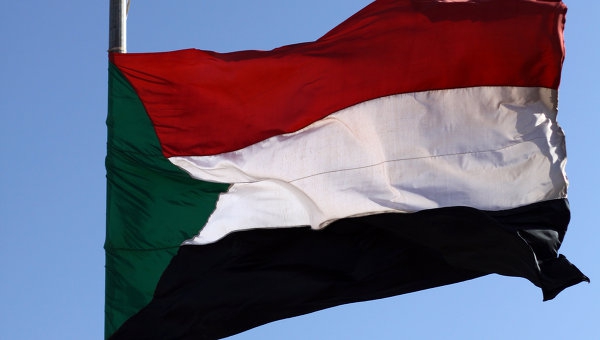Wednesday 31 October 2012 - 11:37
Story Code : 9143
Khartoum attack escalates Iran-Israel covert war
The covert war between Iran and Israel, being fought along a broad front, escalated on Tuesday with Tehran again drawing international attention to the aerial bombardment of a weapons manufacturing unit in the Sudanese capital, Khartoum.
On Tuesday, Iran�s Foreign Ministry spokesman Ramin Mehmanparast slammed international organisations and western powers for being silent about Israel�s �aggressions against regional countries�.
Sudan�s Information Minister Ahmed Belal Osman had on Wednesday accused Israel of using its warplanes to attack the Yarmouk Complex where weapons were being manufactured. Two people died in the attack.
Analysts say the alleged strike by Israel, which Tel Aviv has neither confirmed nor denied, contained a bigger message for Iran. If Israeli planes could target a facility 1,900 km away with no one raising an alarm, they had the ability to strike Iranian nuclear facilities at Fordo, which is around 1,600 km away. After the strike, sections of Israeli media are talking about their country�s advancement in mid-air refuelling that allowed their planes to travel such a long distance undetected.
The Iranians are fuming about the complicity or incompetence of countries in the region which enabled the suspected Israeli flights to pass through their airspace unscathed as they headed towards Khartoum. �The regional countries must be vigilant and not allow their airspace [to be used] for such crimes,� observed Mr. Mehamanparast.
The Sudanese side raised the principle of national sovereignty, when it urged the United Nations Security Council to condemn Israel for bombing the factory.
The Iranians also rejected the allegation of connivance between Khartoum and Tehran in building weapons. Israeli media have alleged that the factory was being used to build additional stocks of the Iranian Shihab missile that has the range to attack Israel. Mr. Mehmanparast rubbished the notion, saying Israel �usually fabricates such excuses to cover up the crimes it commits� .
Sending a strong message of support for Sudan, Iran on Monday docked two of its warships � the helicopter carrier Kharg and destroyer Admiral Naqdi � at a Sudanese port on the Red Sea.
Observers say the Khartoum attack has a larger context. It was meant as an equaliser to the recent demonstration by Iran of its ability to penetrate Israeli airspace � highly protected by an array of radars � undetected using one of its drones flown by Lebanese ally Hizbollah. The bold intrusion raised a storm in Israel, whose unrivalled technological superiority seemed to have been suddenly dented. Media reports suggested the drone may have filmed Israel�s crown jewel � the Dimona nuclear complex.
Ismail Kowsari, a prominent Iranian lawmaker, breathed fresh life into the incident by alleging that Iran was in possession of pictures of Israeli �forbidden sites�. �These drones transmit the pictures online,� said Mr. Kowsari on Monday as quoted by Iran�s semi-official Mehr news agency. Mr. Kowsari�s assertion appeared to warn Israel that Iran was equipped to target specific Israeli sites. He also said Hizbollah was �definitely� equipped with more sophisticated drones.
In another round of shadow-boxing, Iran began a two-day ground-and-air military exercise, which involves paratroopers, near the Iraqi border in the west. These manoeuvres, though on a much smaller scale, may have been timed with the largest-ever war games that Israel and the U.S. began on Monday. Iran has also begun to engage the Israel-.U.S combine in cyberspace, with a virus � apparently designed by Iran � infecting in August, an array of computers of Aramco, the oil giant belonging to Saudi Arabia, a top Washington ally.
The Iran Project is not responsible for the content of quoted articles.
# Tags











